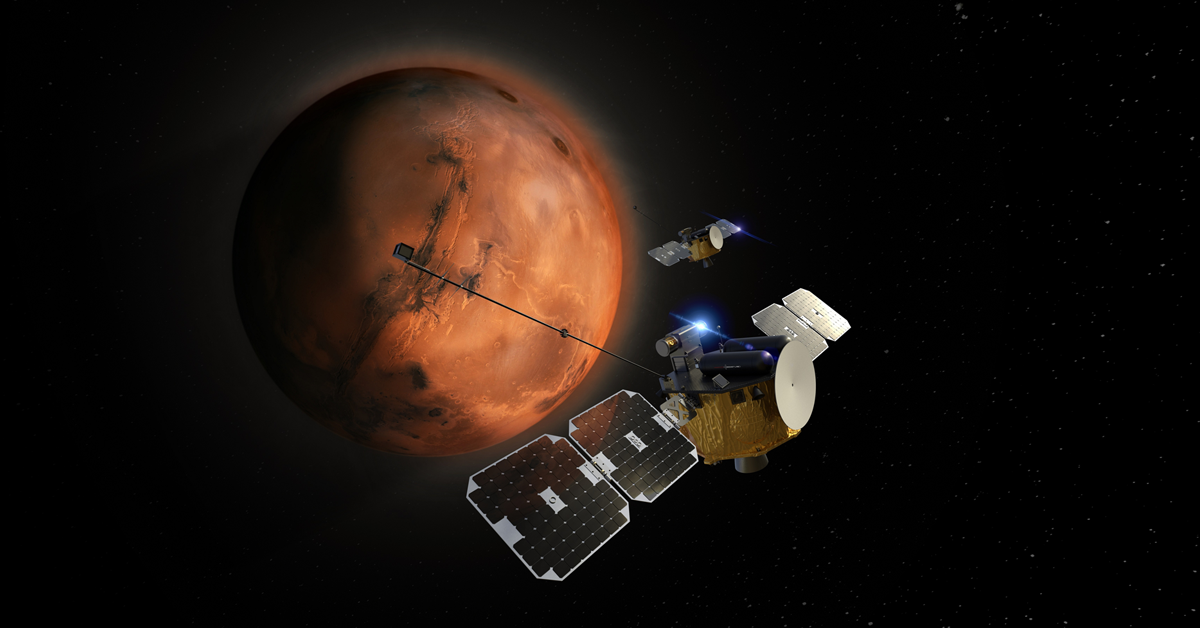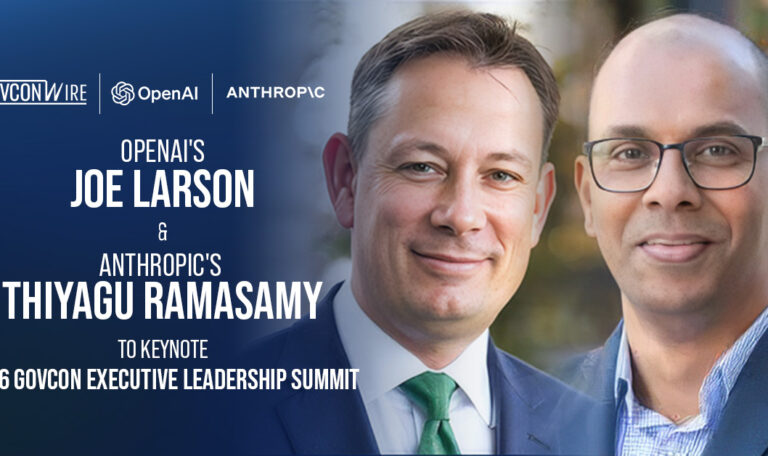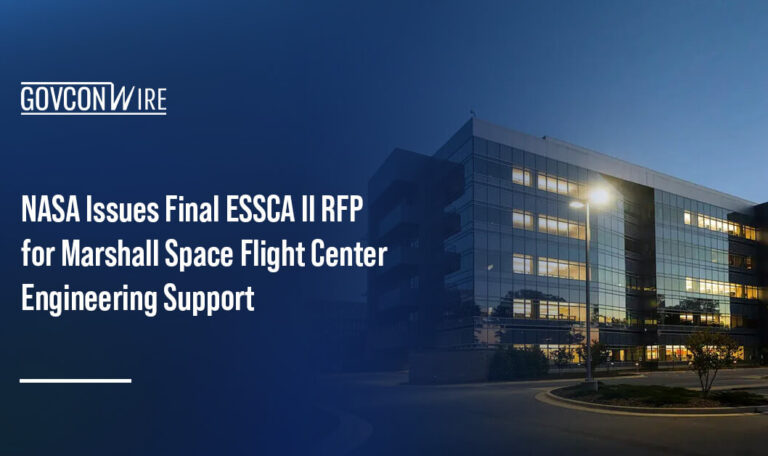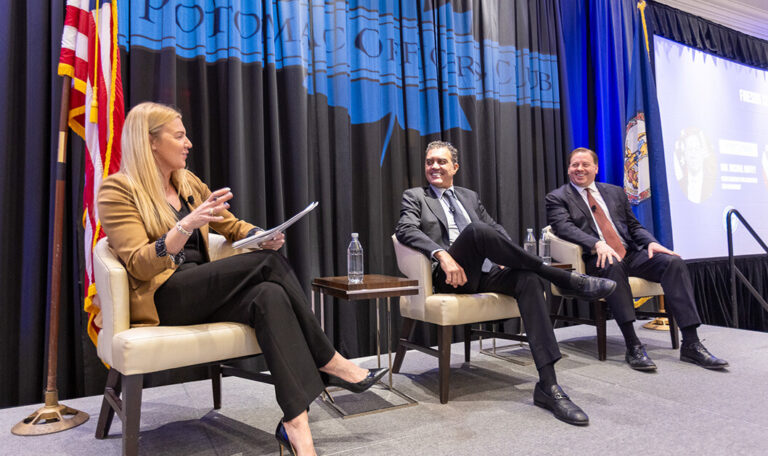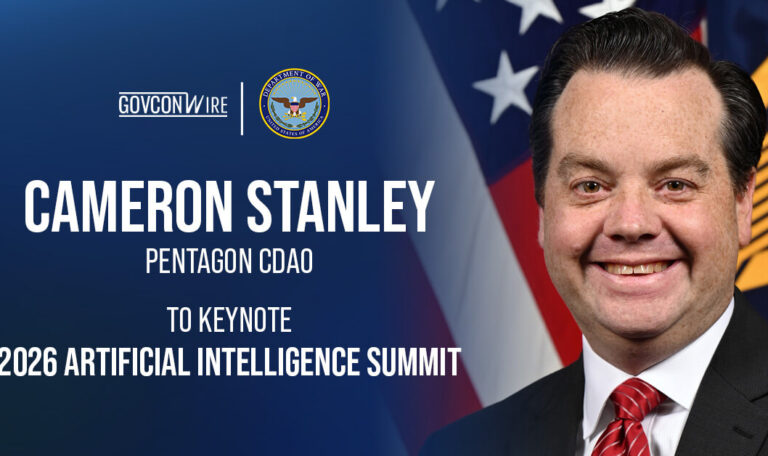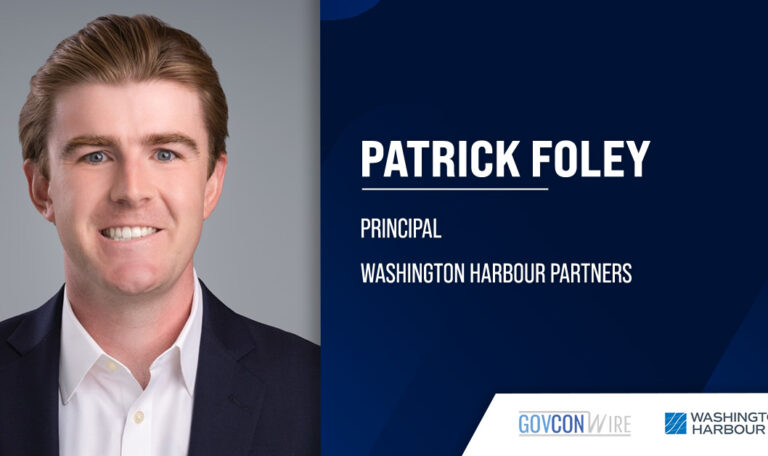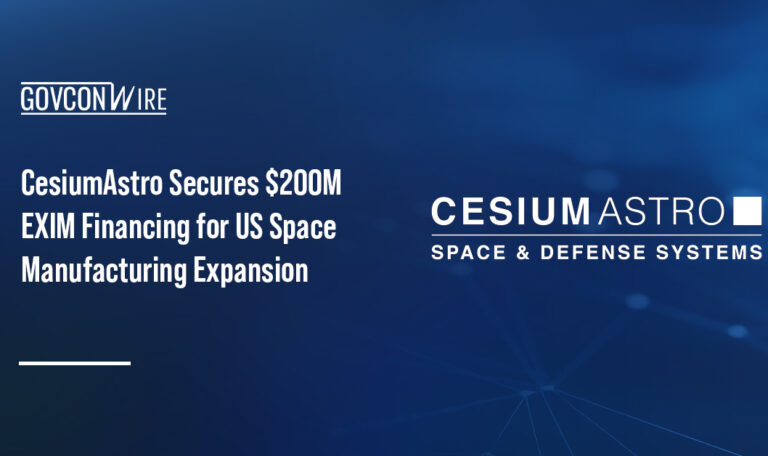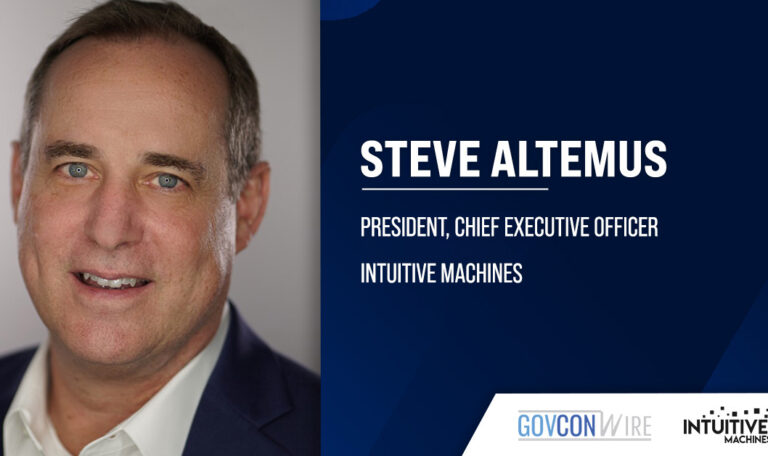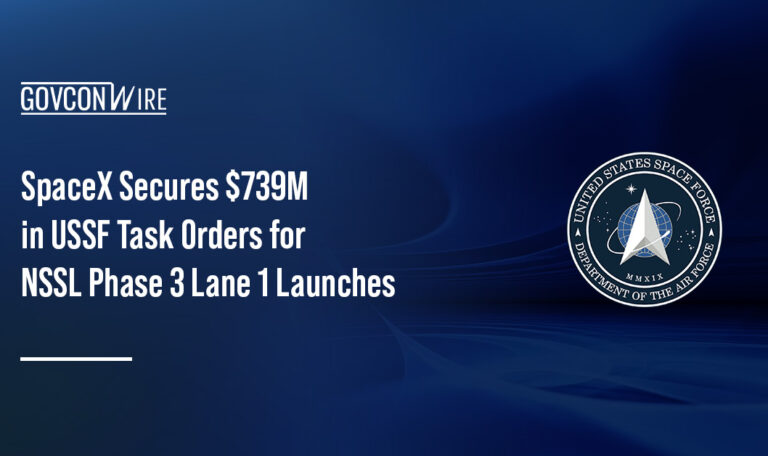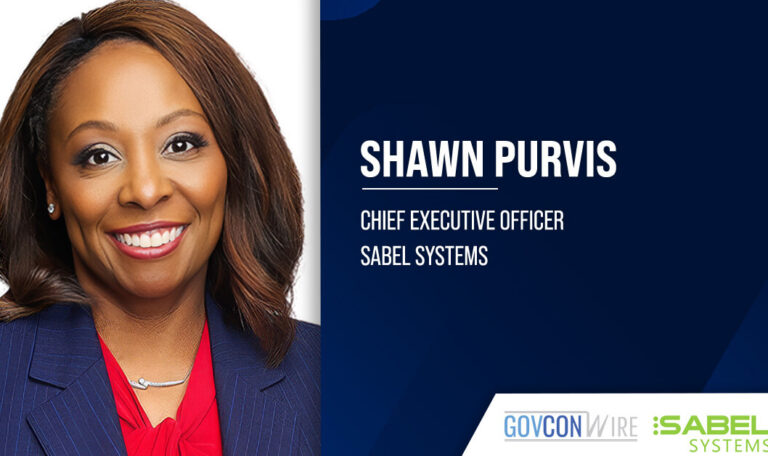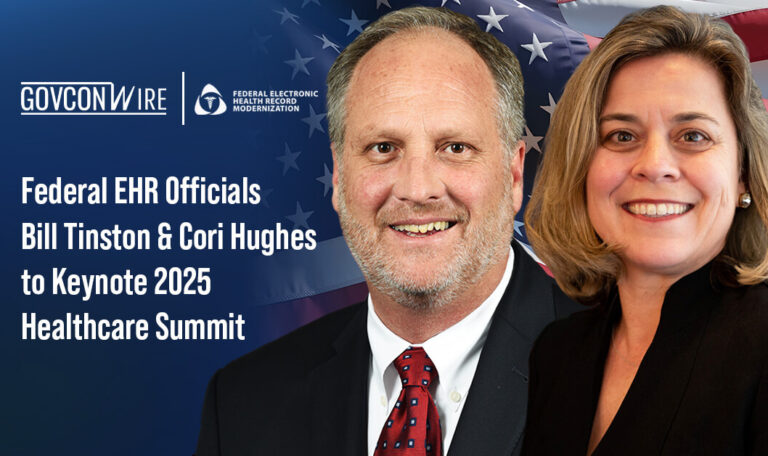In the hotly contested space domain, U.S. government officials see two primary paths forward: strengthening partnerships with other nations and refining and retooling the processes at home.
Though the U.S. has identified many foreign governments as direct competitors with regard to space, it has proved fruitful to ally itself with others to potentially boost capabilities like space situational awareness.
In April 2022, the U.S. and South Korea came to a joint understanding in order to work together on space security. In gestation for over two years, the deal says that the countries will share intelligence, hone space expertise and knowledge via training and education and promote interoperability for collaborative space missions. The goal is for both nations to gain a more profound space situational awareness.
Chief among the negotiators in the U.S.-South Korea agreement was John Hill, deputy assistant secretary of defense for space and missile defense. Hill will be the closing keynote speaker at the Potomac Officers Club’s upcoming Industrial Space Defense Summit.
The event will be held on April 27 at the Hilton-McLean in Virginia. To hear from Hill about the Korean partnership and many more enlightening space defense strategies, register here.
Another route U.S. space officials are taking is reexamining domestic policies and ensuring that they are always being executed in a way that’s beneficial to national security and global hegemony. Frank Calvelli, the Department of the Air Force’s assistant secretary for space acquisitions and integration, has cited the need to part ways from both the public and private sectors’ dependence on and interest in creating new technologies.
“We like to build new, new is cool. But we have to stop building new and we have to take advantage of existing designs,” Calvelli said during a recent address. He will be delivering the opening keynote address to POC’s Space Defense Summit.

It is Calvelli’s feeling that while new technologies have their value, their production during contract work often balloons the schedule and pushes contracts into the “cost-plus” realm. He says contracts for space projects should last no more than three years for their full lifecycle and also attests special access programs are a hindrance to Space Force. The National Reconnaissance Office long ago did away with SAPs and it was hugely beneficial, he says.
According to Breaking Defense, the space acquisitions leader additionally plans to bring to fruition and resolve two long-standing Space Force ground endeavors: the Next-Generation Operational Control System — a software-based feature for the new GPS III satellites — and the Military GPS User Equipment, an offering that is aimed to result in radios that can intake a codified M-Code signal to forestall jamming.
“These albatrosses [have been] dragging the department down for decades. This is the year we are going to get these programs delivered,” Calvelli promised.

Join us for more plans and invaluable information about the U.S. government and commercial organizations’ work to defend national interests in space at the Industrial Space Defense Summit on April 27. Register here.
In addition to Hill and Calvelli, Vice Adm. Jon Hill, director of the Missile Defense Agency, will be speaking during the midday keynote. A delicious breakfast and lunch will also be served. Don’t miss out!


